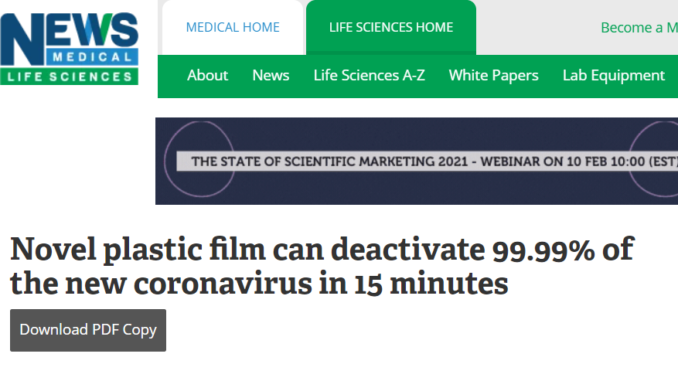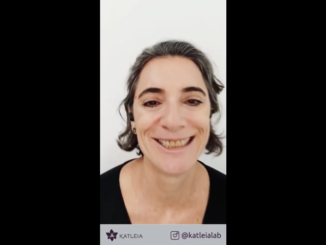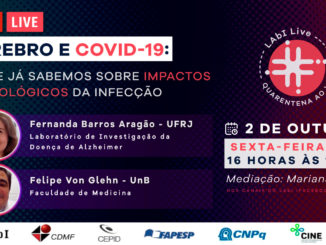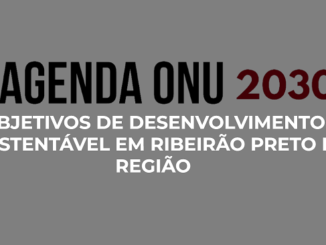
Novel plastic film can deactivate 99.99% of the new coronavirus in 15 minutes
Reviewed by Emily Henderson, B.Sc.
A consortium comprised by companies Braskem, AplFilm and Nanox and the UFSCar (Brazil) and Jaume I of Castellón (Spain) universities have released a plastic film capable of deactivating 99.99% of the new coronavirus in 15 minutes.
The new product called AlpFilm Protect PVC is already available on the market. The scientific collaboration initiated 15 years ago between the UFSCar and UJI with company Nanox had already developed in 2014 a product with antifungal and bactericidal properties: a transparent PVC film with silver microparticles which has now given way to the technology patented by Nanox wih the support of the Vinyl Application Engineering team of Braskem and AlpFilm.
Silica is a semiconductor that becomes active with metallic silver to generate highly oxidative molecules capable of deactivating 79.9% of the new coronavirus in three minutes and 99.99% in just 15 minutes. The product is already available on the market and is commonly used to pack food items such as meat, fruit, vegetables and cold meats, and could now also be used to protect surfaces.
The tests to verify the power of the new plastic packages to suppress SARS-CoV-2, the virus that causes COVID-19, were conducted at the level 3 biosecurity laboratory of the Institute of Biomedical Sciences of the University of São Paulo (ICB-USP) in compliance with ISO 21702:2019, the technical standard to measure the antiviral activity in plastics and other non-porous surfaces. Companies Braskem and AlpFilm improved the film’s formula, maximizing the protection potential against fungi and bacteria, achieving the virucidal effect.
The technology developed by Nanox, managed by doctor Gustavo Simões, had the support of the Innovative Research Programme for Small Companies (PIPE) of the FAPESP, and the scientific guidance of professor Elson Longo from the Centre for the Development of Functional Materials (CDMF), the Federal University of São Carlos and professor Juan Andrés Bort, head of the Laboratory of Theoretical and Computational Chemistry of the Jaume I University of Castellón.
For Braskem, the efficiency of the material strengthens the relevance of plastic in initiatives aimed at the health and safety of society. “Plastic has been a great ally against the coronavirus pandemic. PVC solutions enable the production of a series of essential products ranging from medical and hospital products to packages, which ensure food safety, hygiene and cleanliness, among other factors, bolstering the fight against COVID-19,” explains Almir Cotias, Vinyls director at Braskem Business, department responsible for the production of the raw material for PVC film AlpFilm Protecto.
AlpFilm is one of the main manufacturers of PVC plastic films in Brazil, with a monthly production of 450 tonnes of material. Since 2014, the company sells plastic films with silver microparticles for the packaging of foods in supermarkets and for home use, in order to provide protection against fungi and bacteria. It is a Brazilian family company, created in 1998 under the name Alpes Indústria e Comércio de Plásticos Ltds, which in 2002 took on the name it gives to its products: AlpFilm.
For over 30 years the collaboration between the UJI and the CDMF has made it possible to obtain new materials and technologies, publishing over 80 articles on semiconductors in the most prestigious journals on chemistry, physics, materials science and nanotechnology. Nanox was a spin-off and then a start-up of the CDMF, and is currently a technology-based company that commercializes its products around the world. Its founders (Gustavo Simoes and Guilherme Tremiliosi) were doctoral students of professor Elson Longo, director of the CDMF, and Juan Andrés, director of the QTC laboratory of the UJI.




